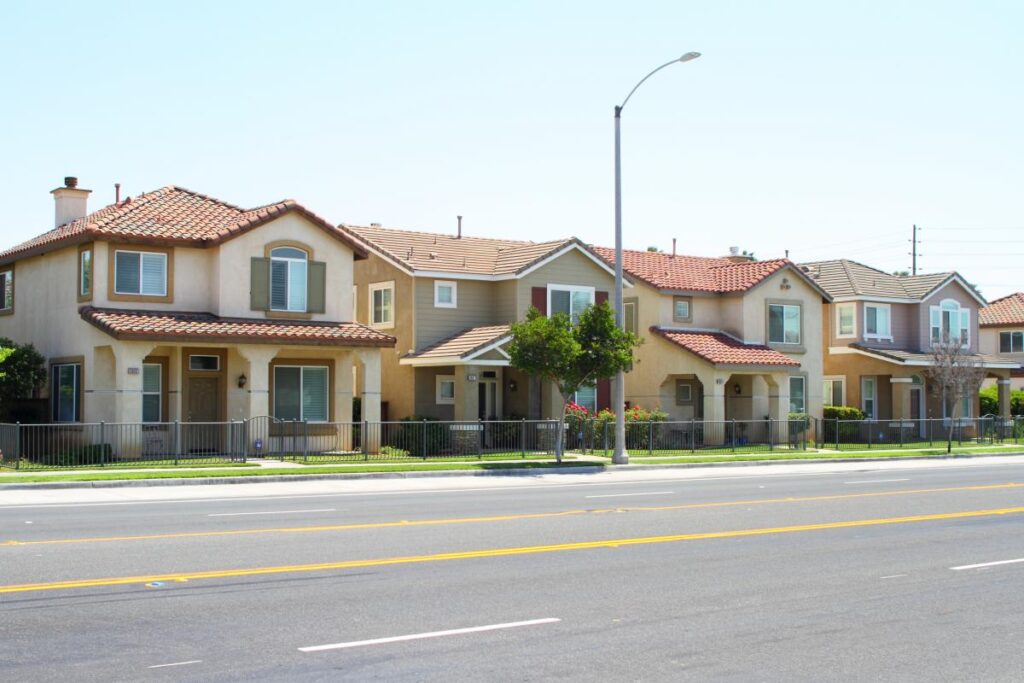Housing Stabilization Services is a new Minnesota Medical Assistance benefit to help people with disabilities, including mental illness and substance use disorder, and seniors find and keep housing.
Minnesota supports people with disabilities to live, work, and play in communities of their choice. Various challenges and barriers can make it hard to find housing, budget, interact with landlords and neighbors, and understand the rules of a lease. Finding and keeping stable affordable housing is important to the health of Minnesotans. Housing Stabilization Services is a new Medical Assistance benefit designed to help people with disabilities and seniors find and keep housing. Housing Stabilization Services is a home and community-based service.
The purpose of these services is to:
- Support an individual’s transition into housing,
- Increase long-term stability in housing in the community, and
- Avoid future periods of homelessness or institutionalization.

Housing Consultation
People who do not have waiver or targeted case management or a MSHO/MSC+ care coordinator, but need Housing Stabilization Services, can complete the person-centered planning needed through an enrolled housing consultant. MSP Home Healthcare will help you develop a Housing Focused Person-Centered Plan (DHS-7307) and support the person to select their housing transition or sustaining provider.
Covered Services:
- Assisting the person to access documentation required for Housing Stabilization Services eligibility
- Developing a Housing Focused Person-Centered Plan based on assessment outcomes
- Supporting the person in identifying their strengths, needs and wants in housing including cultural requirements and/or preferences
- Supporting the person to make an informed choice in their housing transition or sustaining provider
- Offering resource information for services that support non-housing related goals as identified in the person-centered planning process
- Coordinating with other service providers currently working with the person
- Helping the person understand their rights to privacy and appeal information
- Annually updating the person-centered plan as it relates to housing

Housing Transition Service
Covered Services:
- Developing a housing transition plan.
- Supporting the person in applying for benefits to afford their housing, including helping the person determine which benefits they may be eligible for.
- Assisting the person with the housing search and application process.
- Assisting the person with tenant screening and housing assessments.
- Providing transportation with the person receiving services present and discussing housing-related issues.
- Helping the person understand and develop a budget.
- Helping the person understand and negotiate a lease.
- Helping the person meet and build a relationship with a prospective landlord.
- Promoting/supporting cultural practice needs and understandings with prospective landlords, property managers.
- Helping the person find funding for deposits.
- Helping the person organize their move.
- Researching possible housing options for the person.
- Contacting possible housing options for the person.
- Identifying resources to pay for deposits or home goods.
- Identifying resources to cover moving expenses.
- Completing housing applications on behalf of the service recipient.
- Working to expunge records or access reasonable accommodations.
- Identifying services and benefits that will support the person with housing instability.
- Ensuring the new living arrangement is safe for the person and ready for move-in.
- Arranging for adaptive house related accommodations required by the person.
- Arranging for assistive technology required by the person.
Housing Sustaining Service
- Developing, updating, and modifying the housing support and crisis/safety plan on a regular basis.
- Preventing and early identification of behaviors that may jeopardize continued housing.
- Educating and training on roles, rights, and responsibilities of the tenant and property manager.
- Transportation with the person receiving services present and discussing housing related issues.
- Promoting/supporting cultural practice needs and understandings with landlords, property managers, and neighbors.
- Coaching to develop and maintain key relationships with property managers and neighbors.
- Advocating with community resources to prevent eviction when housing is at risk and maintain person’s safety.
- Assistance with the housing recertification processes.
- Continued training on being a good tenant, lease compliance, and household management.
- Supporting the person to apply for benefits to retain housing.
- Supporting the person to understand and maintain/increase income and benefits to retain housing.
- Supporting the building of natural housing supports and resources in the community including building supports and resources related to a person’s culture and identity.
- Working with property manager or landlord to promote housing retention.
- Arranging for assistive technology.
- Arranging for adaptive house related accommodations.

